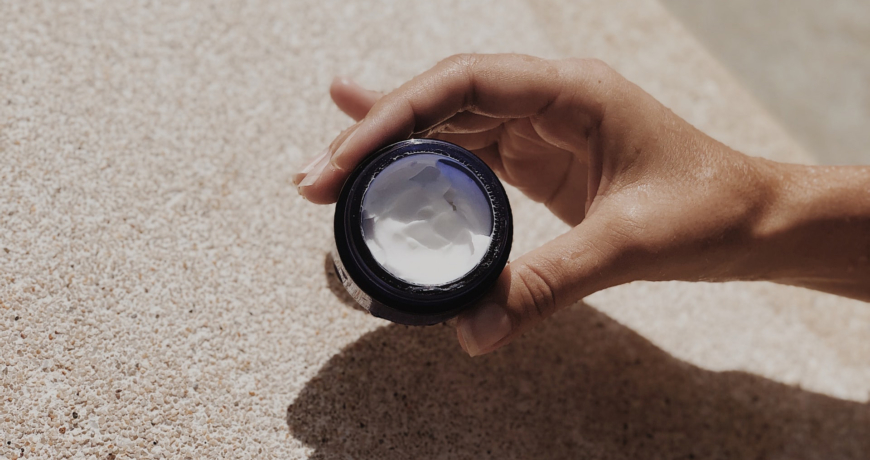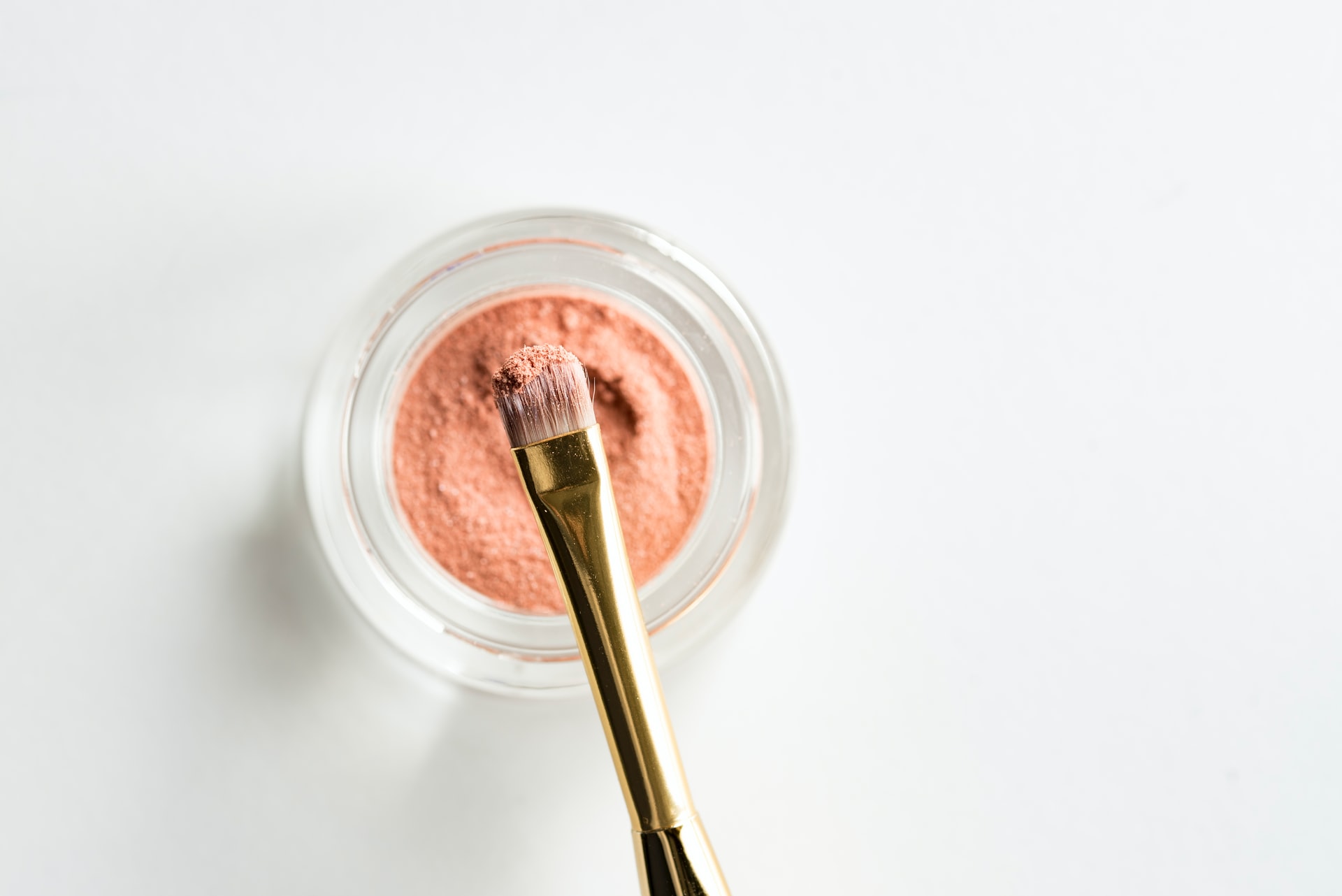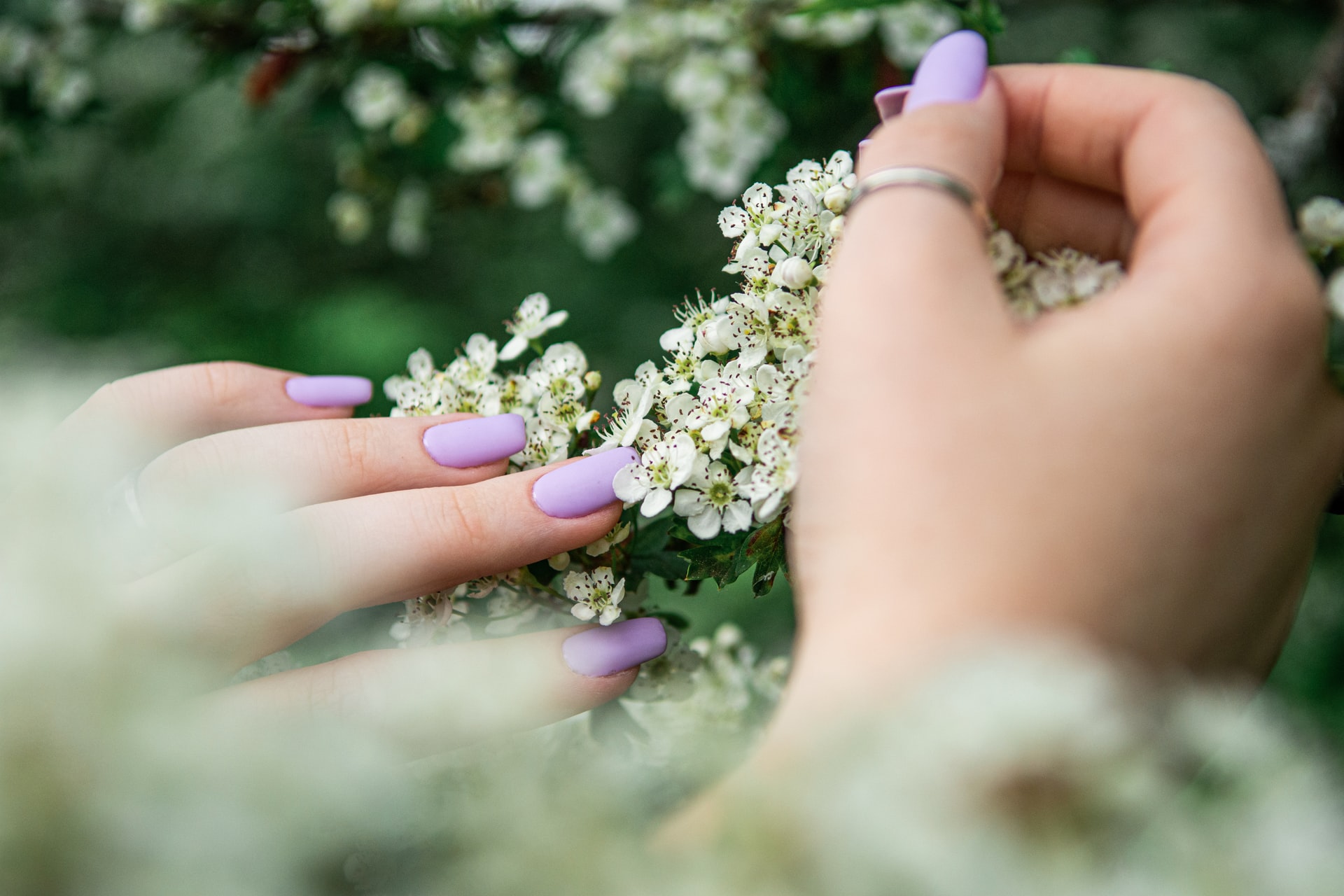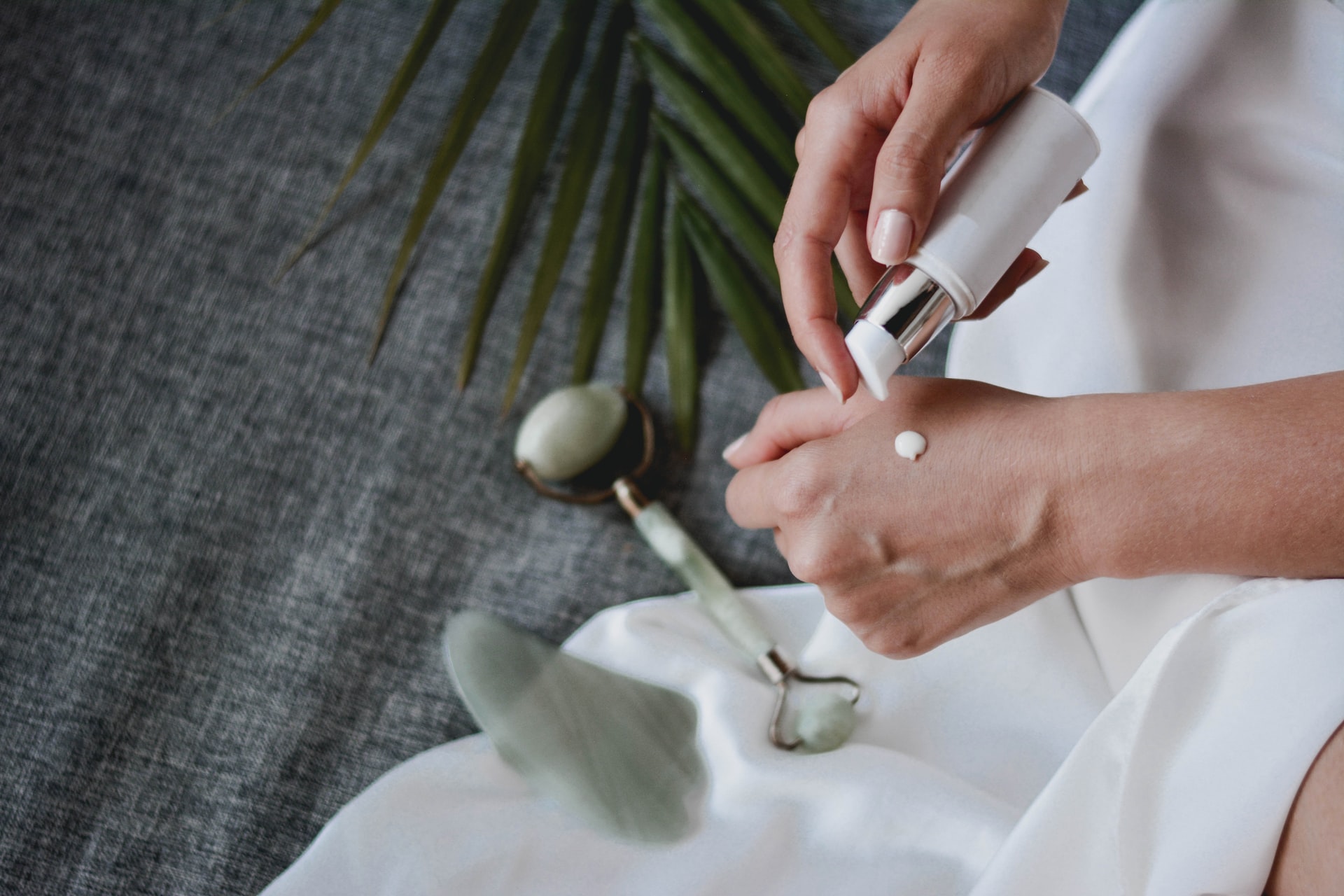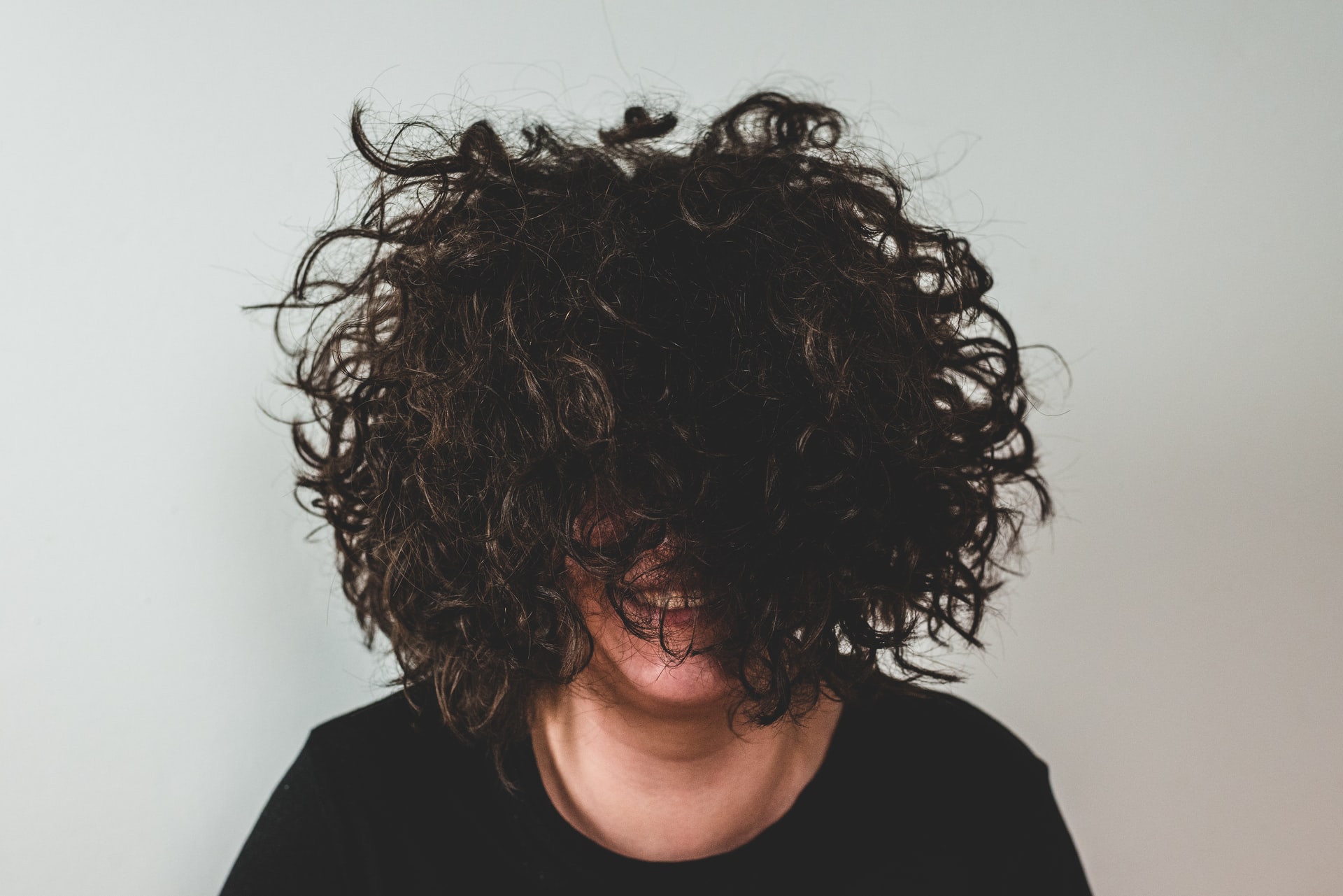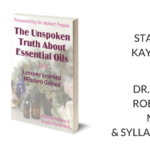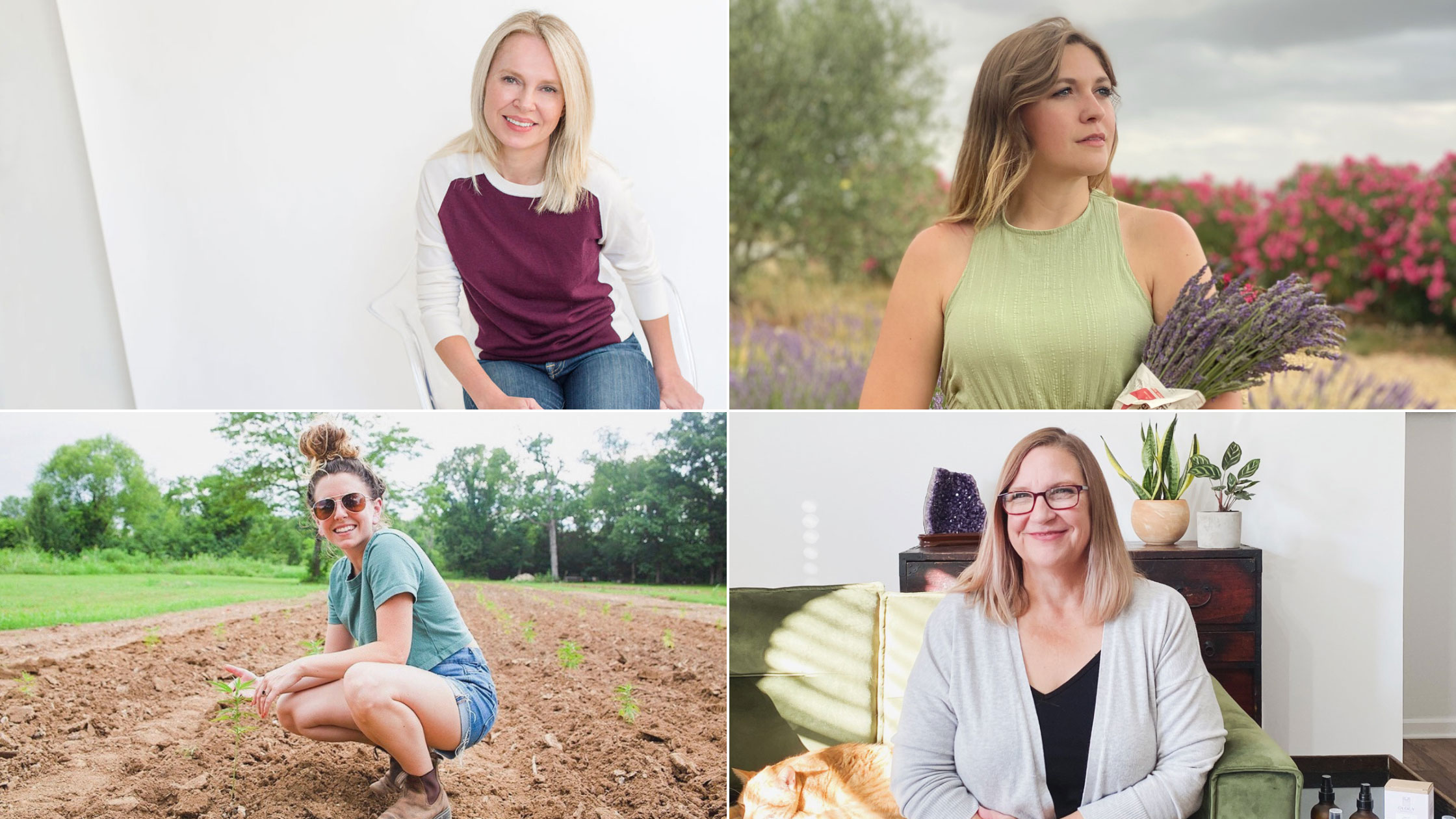HBO's 'Not So Pretty' Review
by A Cosmetic Formulator
Let’s be honest. In the media there is often a vein of truth mixed in with an agenda. That is the case of the new HBO docuseries, Not So Pretty which is a mixture of truths, half-truths, and agenda driven blurred information. In some parts I was right beside the consumer angry at the stories and in others I was frustrated with the obvious agenda weaved throughout the episodes. The agenda appears to be divided into two parts, to push new legislation and like-minded organizations, such as the pay-to-play EWG VERIFIED™ Program.
I will admit up front that I have a bias towards natural products. My specialty is natural cosmetics and I have spent my entire career creating the cleanest products possible. However, I am keenly aware that this is not the product for every consumer due to costs, preferences, and the limitations in essential oil based aromas. Krupa Koestline, the founder and cosmetic chemist at KKT Consultants, said of the docuseries,“I found the docuseries informative, yet on the edge of fearmongering.” Unfortunately I have to agree with her opinion.
While consumers should be aware of everything they put on their skin–they shouldn’t be terrified of it all. And you simply cannot only focus on what you put on your skin. All the issues brought up in the 4 episode HBO docuseries are also related to what you put in your mouth, what you use to clean your home and do laundry, the air you inhale, our water sources, and so much more. Lifestyle choices impact health, as well as what medications used, whether that is topical, intravenous, or orally. It all matters and it is all ignored by this docuseries. The blame of all the illness and issues featured in the episodes was put squarely on the shoulders of the cosmetics they used.
While the beauty industry isn’t perfect, we are not the wild wild west as the docuseries accuses. Just like with food, there are rules and regulations. Cosmetic ingredients are substantiated and evaluated for safety. The docuseries made it seem like the EU and other countries are producing safe cosmetics and in the US we are not. This is far from the truth. We all buy from the same ingredient suppliers, we use the same safety data sheets and ingredient spec sheets, and many products are sold all round the world. The list of banned or restricted ingredients is longer in the EU but that does not mean in the US formulators are rushing to put it in the American market place. There is an incredible amount of cooperation and sharing of information between all the marketplaces.
The biggest thing that I was disappointed with about the docuseries is that it was incredibly one sided. They did not reach out to The Personal Care Products Council which makes the information very unbalanced. As part of their response to the docuseries Personal Care Products Council said, “The U.S. cosmetics industry invests millions of dollars in scientific research and development to support the safety and efficacy of approximately 2,000 new products introduced each year. Companies employ more than 7,000 professionals, including medical experts, chemists, toxicologists, microbiologists, dermatologists, epidemiologists, environmental scientists, etc.—to evaluate, substantiate and ensure product and ingredient safety. Each year, industry scientists publish numerous peer-reviewed papers about improvements and development of new safety methods.”
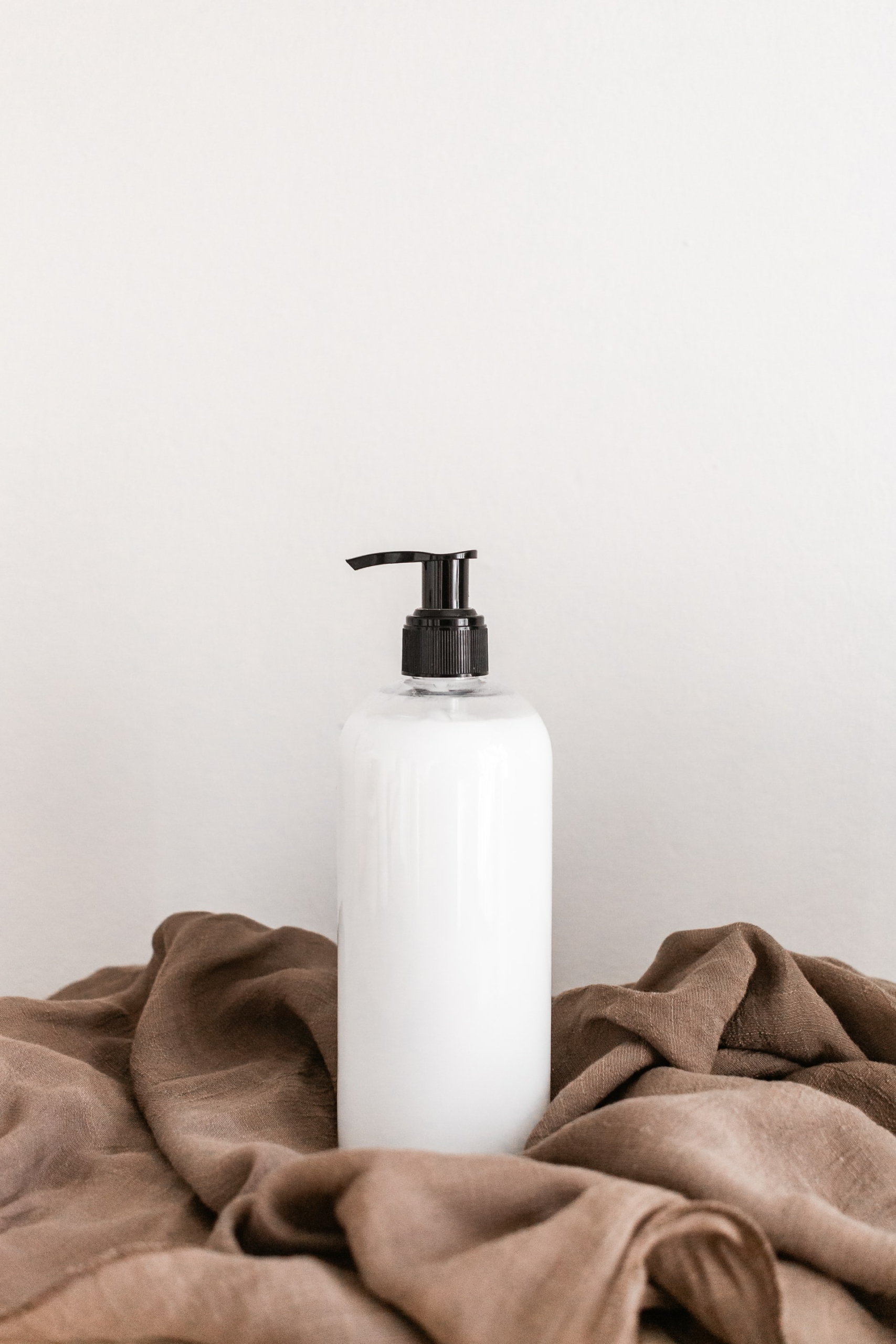
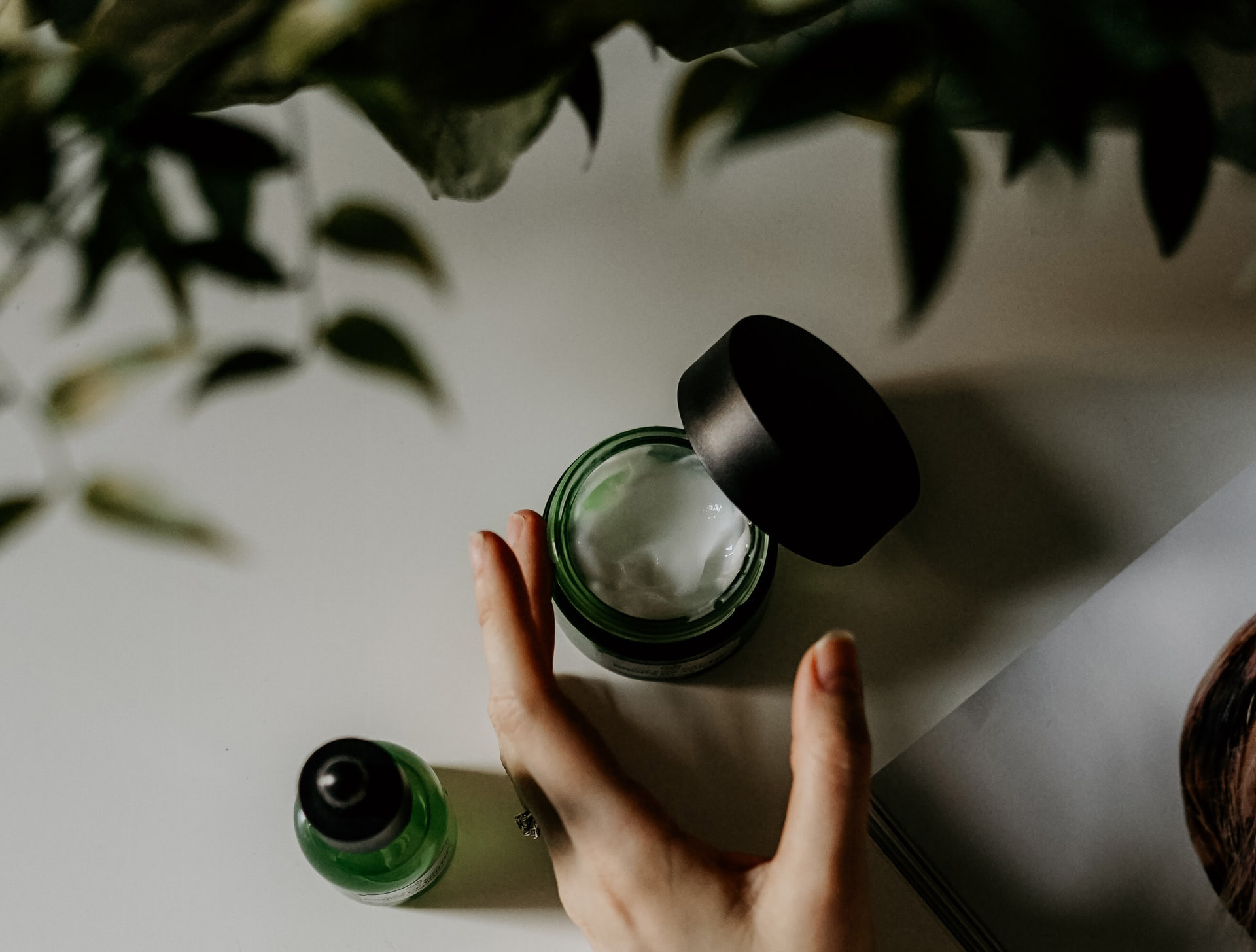
Legislation
Let’s talk about the legislation. While it is true, there are some areas of cosmetic regulation that could use some updating, clarification, and enforcement. There have been many proposed legislation that could crush small businesses in the industry over the past 12 years. The Coalition of Handcrafted Entrepreneurs (COHE) is dedicated to ensuring that small businesses are allowed to operate. The proposed legislation threatens the existence of hundreds of thousands of small businesses in the country, and COHE is uniting to make sure that small-batch cosmetic producers can continue to do business. We highly recommend looking further into the proposed legislation before following the advice of the makers of Not So Pretty. There is far more to the story. The most recent proposed legislation appears to have heard the voices of small business owners that COHE presented and has a small business exemption for the first time. You can keep up with the news from the perspective of how proposed legislation would impact the micro and small cosmetic business owners here.
Not So Pretty Recommended Resources
Skin Deep
I definitely had high hopes for Skin Deep from the Environmental Working Group when they showed up on the scene. I had a booth near theirs at Natural Expo West many years ago when they were a new political action group. Their booth had a banner that read, “If you can’t pronounce it, it can’t be good for you.” That sign should take the award as the most uninformed, illogical statement ever made by a political action group. Any product that uses International Nomenclature Cosmetic Ingredients (INCI) on their ingredient decks is full of words that no one can pronounce–even for natural ingredients. I still can’t pronounce Butyrospermum parkii, but Shea Butter is as safe as any ingredients can come.
Recently, I spoke with the EWG VERIFIED™ Program. They repeatedly assured me that it isn’t about making money, while telling me the large sums of money that businesses are expected to pay to obtain their coveted check mark. EWG VERIFIED™ Program is a pay-for-play scheme. I do not begrudge anyone the opportunity to make a profit–however it is the foundation of EWG that bugs me. Which appears to be to cause fear and then create a profitable solution. As a beauty brand it is a bit daunting to say anything negative about such a mammoth of a political action group, but I am committed to being transparent about the good, bad, and the ugly sides of the cosmetic industry.
So let’s just look at what it takes for a brand to have the EWG VERIFIED™ Program check mark. It currently costs $250 per product evaluation fee before being approved and then an additional licensing fee. Exactly what that fee is depends on the number of products and the revenue of the company.
Let’s start with the pre-evaluation. The cost is $250 per product. If you sell one lotion in three different scents that would count as 3 separate products for a total of $750. The tiers are broken down into the number of products a brand wants verified and the revenue of the company.
To Receive EWG Verified Check check out the links below.
EWG VERIFIED™ Unacceptable List
EWG VERIFIED™ Restricted List
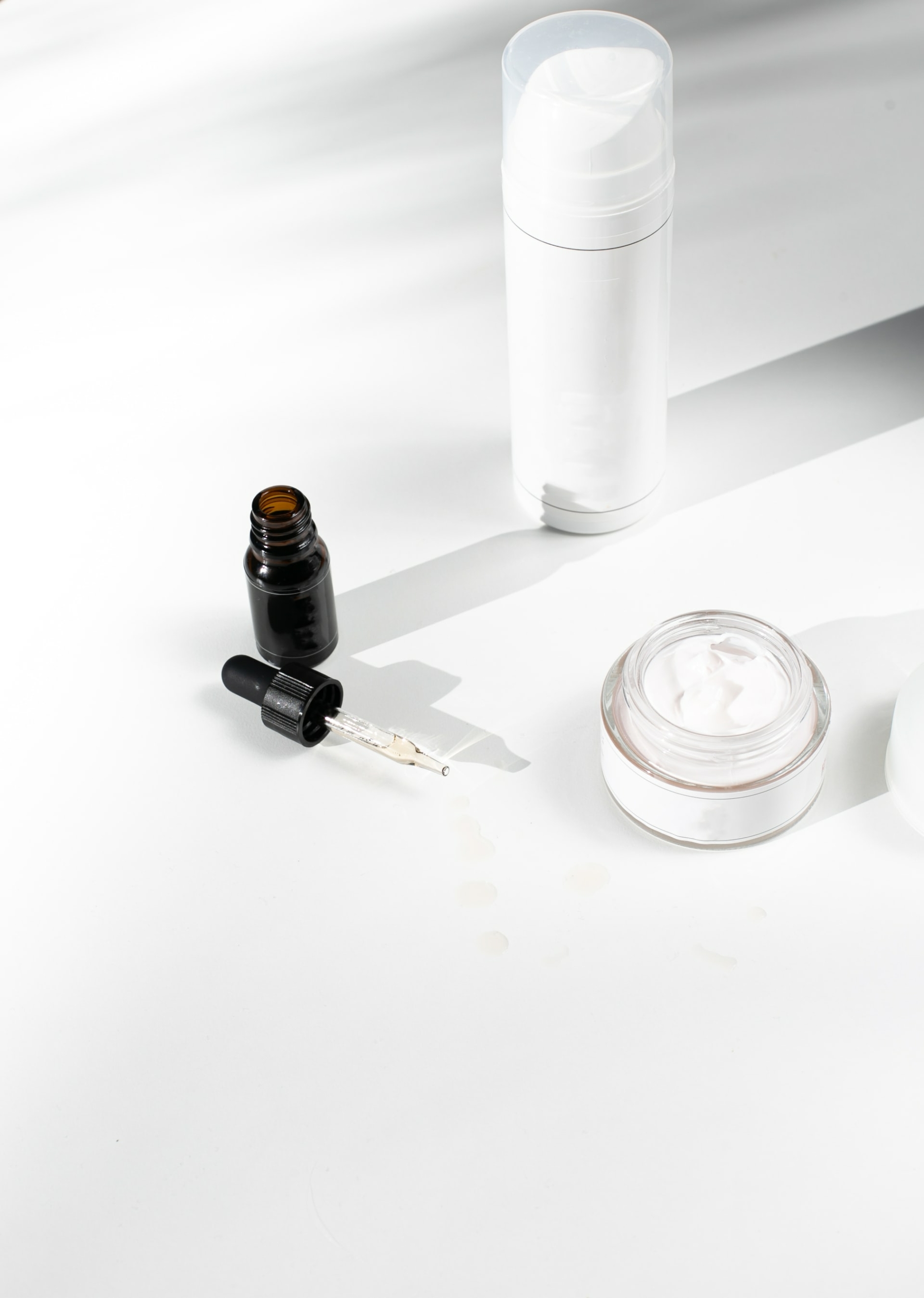
The licensing fee is somewhat complicated but the simplified explanation that I was given was that a brand with 9 or less products pays a per product licensing fee and a brand with 10 or more products pays a brand licensing fee.
The per product option is for a company that has 9 or less products that they want in the EWG VERIFIED™ Program. This option breaks down to $1000 per product per year for companies with under $1 million in revenue. For companies with 1-5 million in sales the licensing fee is $2500 per product per year. A Brand Level Licensing fee is available for a company with 10 or more products that they want in the EWG VERIFIED™ Program. The representative I spoke with said this can be in the hundreds of thousand of dollars range. Based on this information the products listed on the EWG VERIFIED™ site have paid a minimum of $1250 their first year to have that one product on the site. The next year they would pay a minimum of $1000 for that product to remain on the site. The vast majority of small businesses could not pay that per product–let alone multiplied out to their entire product line.
So many companies have standards that are in line with and/or superior to the EWG VERIFIED™ Program, but could never afford to even get their products evaluated, let alone pay the licensing fee. Start ups, micro and small businesses, and mom and pop companies cannot pay to play and they very much deserve your business. The guide would misdirect you away from super safe small business products that are largely owned and operated by women.
The other apps mentioned on the HBO docuseries are Detox Me and Clearya. Detox Me and Clearya appear to be a 501(c)3 tax-exempt organization that are supported by donations. Both of these apps appear to be ingredient driven and not favoring one company, who pays, over another company that does not pay. I find these apps and organizations to be empowering to consumers. Yes. Take the time. Do the research. Know what you are putting on your body.
MSDS
In Not So Pretty they mentioned MSDS sheets. As of June 1, 2015 OSHA required that all Material Safety Data Sheets (MSDS) must be replaced with new Safety Data Sheets (SDS). The correct term since 2015 is actually SDS, but there is more to know about these safety data sheets.
An ingredient that has an SDS is not necessarily a hazardous material, nor may it cause adverse health effects. Much of the information from the SDS information is misused to make an ingredient look bad in personal care items. This is the practice of organizations like the Environmental Working Group and their database Skin Deep. The fact is that an SDS sheet is simply giving information about the safe handling of the ingredient at full concentration, which does not translate to normal cosmetic usage, since you never use any ingredient at 100% concentration in any cosmetic formula.
A perfect example of how the SDS does not translate to the finished product is with lye. The SDS shows that it causes eye, skin, digestive, and respiratory burns. However, in the finished product it causes no ill effect to the consumer. Unfortunately, those with regulatory agendas misuse the SDS information to create propaganda against many ingredients that are perfectly safe in the finished product.
All SDS information is required to contain the same uniform categories of information including chemical identity, health hazard data, manufacturer information, precautions for safe handling and use, hazardous ingredients, exposure controls/personal protection, physical/chemical properties as well as fire and explosion hazard data. When new regulatory information or health effects information becomes available, the SDS must be updated.
Many are concerned that the SDS is hard to interpret. That is because the purpose of an SDS was for industrial hygienists, chemical engineers, and safety professionals who were trained to read them. The SDS has become more widely used but the language was never changed to laymen terms.
Beauty Independant did what the HBO docuseries did not do–journalism. They asked for multiple opinions in their article, “Beauty Industry Insiders Review HBO Max’s Docuseries “Not So Pretty: Is It Fearmongering Or Informative?” There are multiple different opinions. One that spoke to me was from Ron Robinson, Cosmetic Chemist and Founder at BeautyStat. “Intent matters, and I think the series lacked balanced reporting and objectivity. It painted the picture that all beauty companies are evil, but I wish it acknowledged that beauty companies do a lot of good, too. Our goal is to make products that serve a purpose and fill a need, not cause harm. If a company does cause harm, they need to quickly reformulate with safe products.”
I was taught that you cannot form an educated opinion without studying all sides of an issue. The professor who led my overseas study program truly taught me how to think for myself. Really think, not just learn, absorb, and regurgitate, but to think as deeply personal individuals. We have released an episode by episode review in hopes of providing some insider information to empower you to look further into all sides of the issue of cosmetics.
'Not So Pretty' ReviewEpisode 1 - Makeup Ology Essentials' Chief Formulator reviews episode 1 of HBO's 'Not So Pretty.' For…
HBO's 'Not So Pretty' ReviewEpisode 2 - Nails In this blog post, Ology Essentials’ Chief Formulator reviews episode 2 of…
HBO's 'Not So Pretty' ReviewEpisode 3 - Skin In this blog post, Ology Essentials’ Chief Formulator reviews episode 3 of…
HBO's Not So Pretty ReviewEpisode 4 - Hair In this blog post, Ology Essentials’ Chief Formulator reviews episode 4 of…
About the Author
Kayla Fioravanti has been a leading expert in the natural cosmetics industry for over 22 years. In 1998, she co-founded Essential Wholesale – one of the first all natural cosmetics/ingredients companies – that started out with $50 in her kitchen and grew to a multimillion dollar company (all while raising her 3 kids). In fact, Kayla raised her own CEO, Keegan Fioravanti. As Ology’s Chief Formulator, Kayla is able to combine her love for natural remedies like aromatherapy, herbal medicine and CBD with her expert knowledge as an organic/natural cosmetic formulator. Kayla is extraordinarily grateful to be on this journey with her family and loves that Ology Essentials is leading the way as a majority woman owned CBD company! Kayla is also an aromatherapist, aromatherapy educator, business consultant and an award winning author.
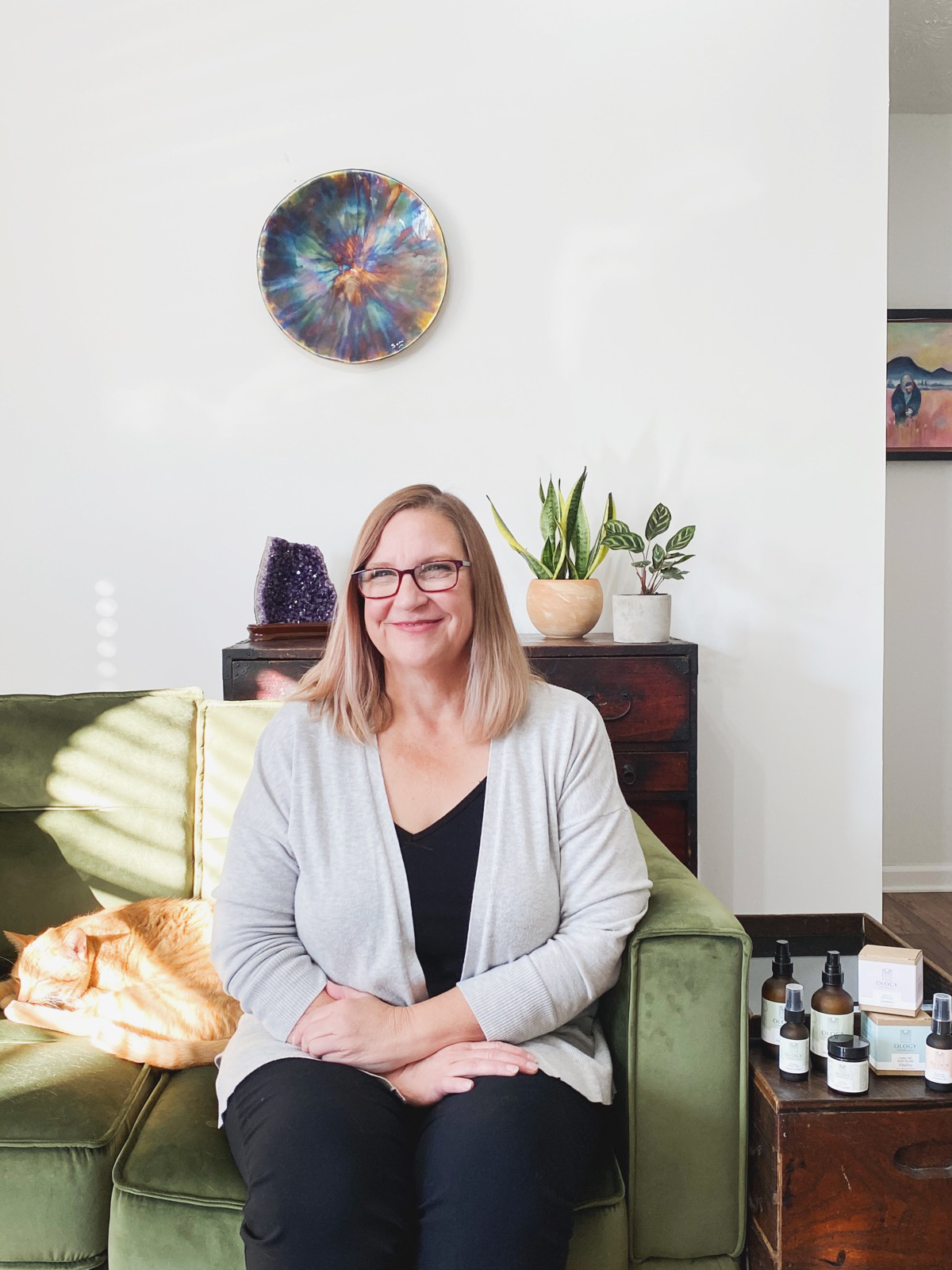
There are no comments


